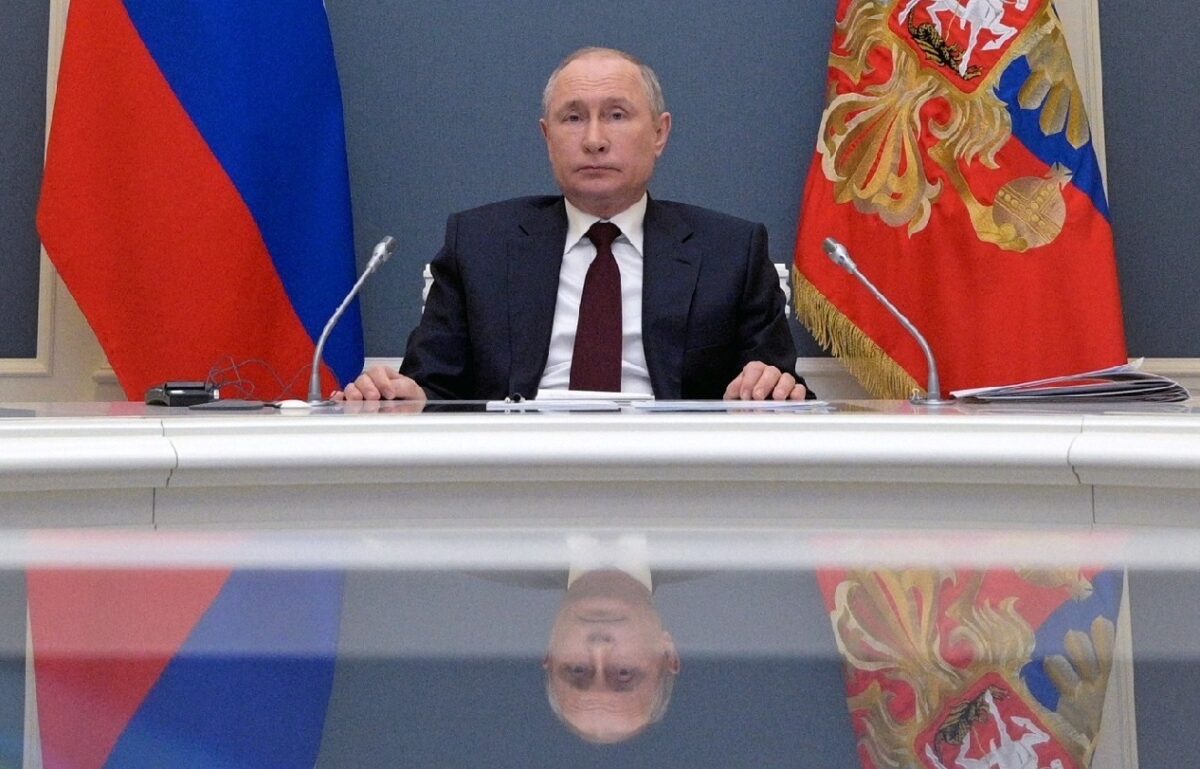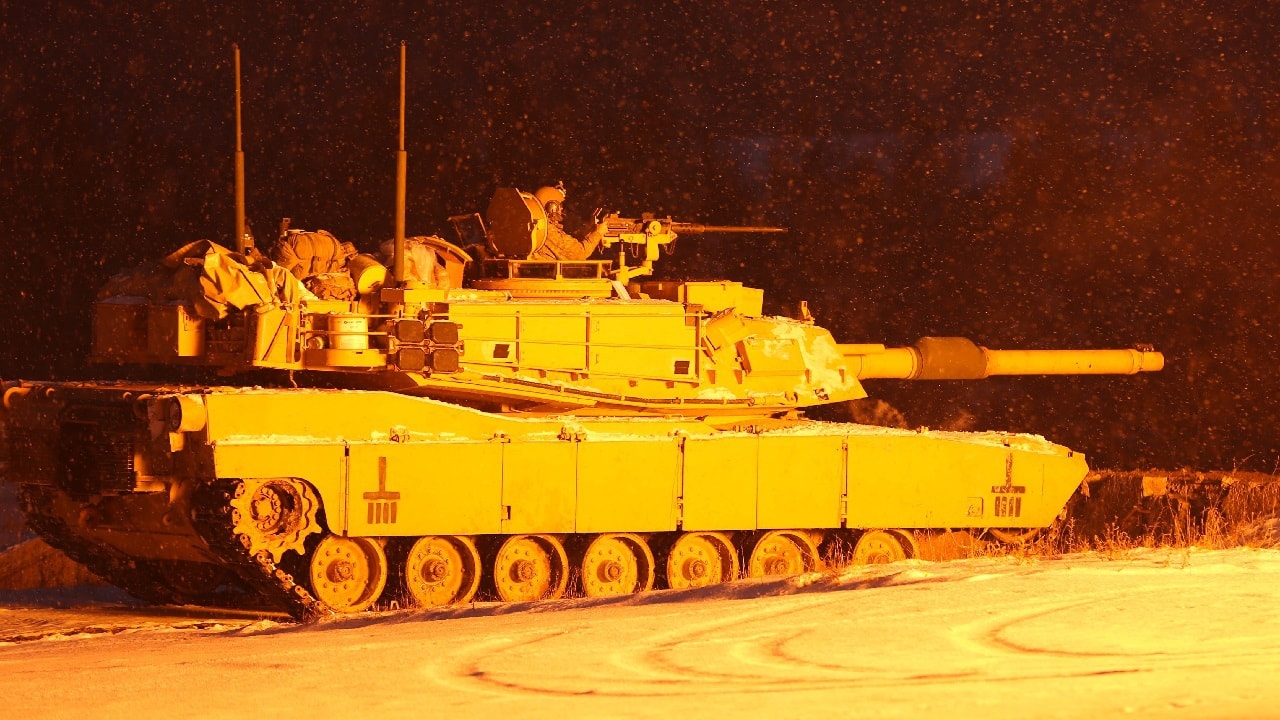Putin has a decision to make: When Russian President Vladimir Putin announced his invasion of Ukraine, he did so without admitting that his military would be invading sovereign territory. First signing a decree that declared two eastern regions of Ukraine as independent – Donetsk and Luhansk, Putin told the world that he was initiating a “special military operation” and peacekeeping mission in the regions.
He also claimed that his troops aimed to help “deNazify” Ukraine, despite Ukraine being one of the most accepting countries in Eastern Europe for Jews, according to a 2018 Pew Research survey.
With Putin’s use of misleading language in mind, the West should perhaps be conscious of the Russian president’s recent claim that Western sanctions on his country constitute an “economic war.”
What Kremlin Officials Said
After Putin’s efforts to appeal to liberal concerns about neo-Nazism and white supremacist in Western Europe and the United States failed, Kremlin spokesman Dmitry Peskov accused the United States on Wednesday of engaging in “hostile bacchanalia” and an “economic war” against Russia.
“You see the bacchanalia, the hostile bacchanalia, which the West has sown – and that, of course, makes the situation very difficult and forces us to think seriously,” he said. “We see that the situation on energy markets is developing rather turbulently – and we don’t know how far that turbulence will go.”
“The United States definitely has declared economic war against Russia and is waging this war,” Peskov added.
The comments come after the Biden White house U-turned on a previous claim that energy sanctions against Russia would be more harmful to Americans than to Moscow, initiating a ban on the importation of all Russian gas, oil, and energy into the U.S.
While the United States only purchases roughly 1% of Russia’s oil and natural gas, the impact will still be significant – especially if the United Kingdom follows through on suggestions that they will implement a similar ban.
How Will the Kremlin Respond?
Russia could respond in several ways, depending on President Vladimir Putin’s commitment to the Ukraine invasion. Should Russia stay on course, there are two ways it may respond to the United States and Europe – militarily, or economically.

Image of Russia President Putin. Image Credit: Russian Government.
On Monday, Russian Deputy Prime minister Alexander Novak threatened to cut off supplies of oil and natural to Europe.
“Europe consumes about 500 billion cubic metres of gas per year. Russia provides 40 percent of that. Russia has been nothing but a reliable partner for many decades,” Novak said in a statement.
He added that Europe consumes roughly 500 million tonnes of oil, and that Russia supplies roughly 30% of it – as well as an additional 80 million tonnes of petrochemicals. Novak warned that cutting off Russian supplies would hurt European consumers more than anybody and indicated that Russia already knows where they can “reroute these volumes” – presumably to Asia and Oceania, which consumes roughly 42% of Russian oil, or to non-OECD European and Eurasian countries, which consume around 9%.
Of course, the Kremlin may also respond militarily – and comments from Dmitry Peskov certainly provide the pretext that Putin may wish to use to justify such an attack.
Russia may also simply end the war in Ukraine, which is presumably what President Joe Biden and other Western leaders are counting on.
Jack Buckby is a British author, counter-extremism researcher, and journalist based in New York. Reporting on the U.K., Europe, and the U.S., he works to analyze and understand left-wing and right-wing radicalization, and report on Western governments’ approaches to the pressing issues of today. His books and research papers explore these themes and propose pragmatic solutions to our increasingly polarized society.

